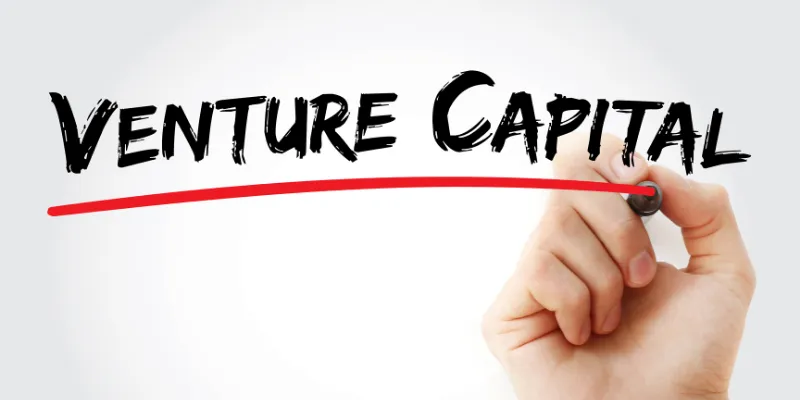What is the role of a venture capital firm in startup acceleration?
As the business world catapults into a recession along with the unknown factor of COVID-19, startups face a situation they have not seen in over a decade – a lack of capital availability.
The ocean of unlimited capital and an unrelenting bull market is receding. As the business world catapults into a recession along with the unknown factor of COVID -19 virus turning life upside down, startups face a situation that they have not faced in over a decade – a downturn and lack of capital availability. This moment provides the opportunity for seasoned VCs to stand up and make a difference in their portfolio companies.

Good Venture Capitalists can provide assistance to startups in many significant ways.
Finance
In good times and bad, it is important to understand and optimise the financial model a startup has. While in the new economy, growth trumps profitability, it is still important to have a sound revenue model, so that when the dust of rapid expansion settles, there is great value created for the founders and investors.
Good VCs, in addition to providing capital to the startup in exchange for equity, will help founders in making sure that they have sound “unit economics” – the revenues and costs associated with the basic elements of the company’s business model.
Then there is cash. It is well known that most startups fail because the founders did not manage cash well. In good times, bad cash management can spell trouble. In bad times, it can spell disaster.
In the current environment, as a VC and advisor, I would ask my startups to look at the cash in their bank accounts and evaluate if they have enough to last them at least 12 months. If not, they need to be proactive in maximising it by collecting on commitments from investors and customers as well as drawing down on any available lines of credit while still available.
If still not optimal, they need to look at cutting costs through workforce optimisation (layoffs, furloughs, and temporary pay reductions), renegotiating with all vendors etc.
Operations
Many first-time founders might have outstanding products or services but lose out through poor execution. VCs can play a big role here as long as they have a background as an operator.
B2B startups have to execute flawlessly each time they get an opportunity and it is tough to do so without guidance from someone who can help navigate the complexities of a large corporation. In fact, most large firms will not even sign a contract unless the startup can demonstrate that they have a team which makes a potentially disruptive installation painless.
Similarly, for B2C startups, creating market awareness about the company and the product and creating a pleasant user experience is important, however game-changing the product is.
One of the most basic tenets of great operations are metrics also called KRAs and tracked using various frameworks such as Kaplan’s Balanced Scorecard. Measuring key aspects of an organisation is essential simply because we cannot correct something that we do not measure.
Rudimentary yet carefully constructed scorecards can be built with the help of a VC team that has the experience, and maybe the difference between success and failure for a startup.
Sales and Marketing
This is where most startups have a lot of trouble. The cash problems described in the finance section above will not exist and a startup can get multiple “at-bats” operationally if they have a strong sales and marketing organisation. Yet invariably, first-time entrepreneurs tend to underinvest here.
Before they know it, time has passed and they have been unable to demonstrate great growth in spite of having a fabulous product. Good VCs can play a strong role in working with the founders and providing them with toolsets, connections, and guidance to ensure that the spend in marketing and sales is effective.
In short, good Venture Capital investors can provide a lot more than just capital. With programmes like “Virtual Co-Founder”, early-stage startups can get assistance in terms of guidance, connections, and community to make them successful.
The ocean of bountiful growth is receding. Not everyone has the ability to handle adversity and that will become clear in the months ahead. As the Oracle of Omaha presciently said, “Only when the tide goes out, do you discover who’s been swimming naked.”
Edited by Saheli Sen Gupta
(Disclaimer: The views and opinions expressed in this article are those of the author and do not necessarily reflect the views of YourStory.)








